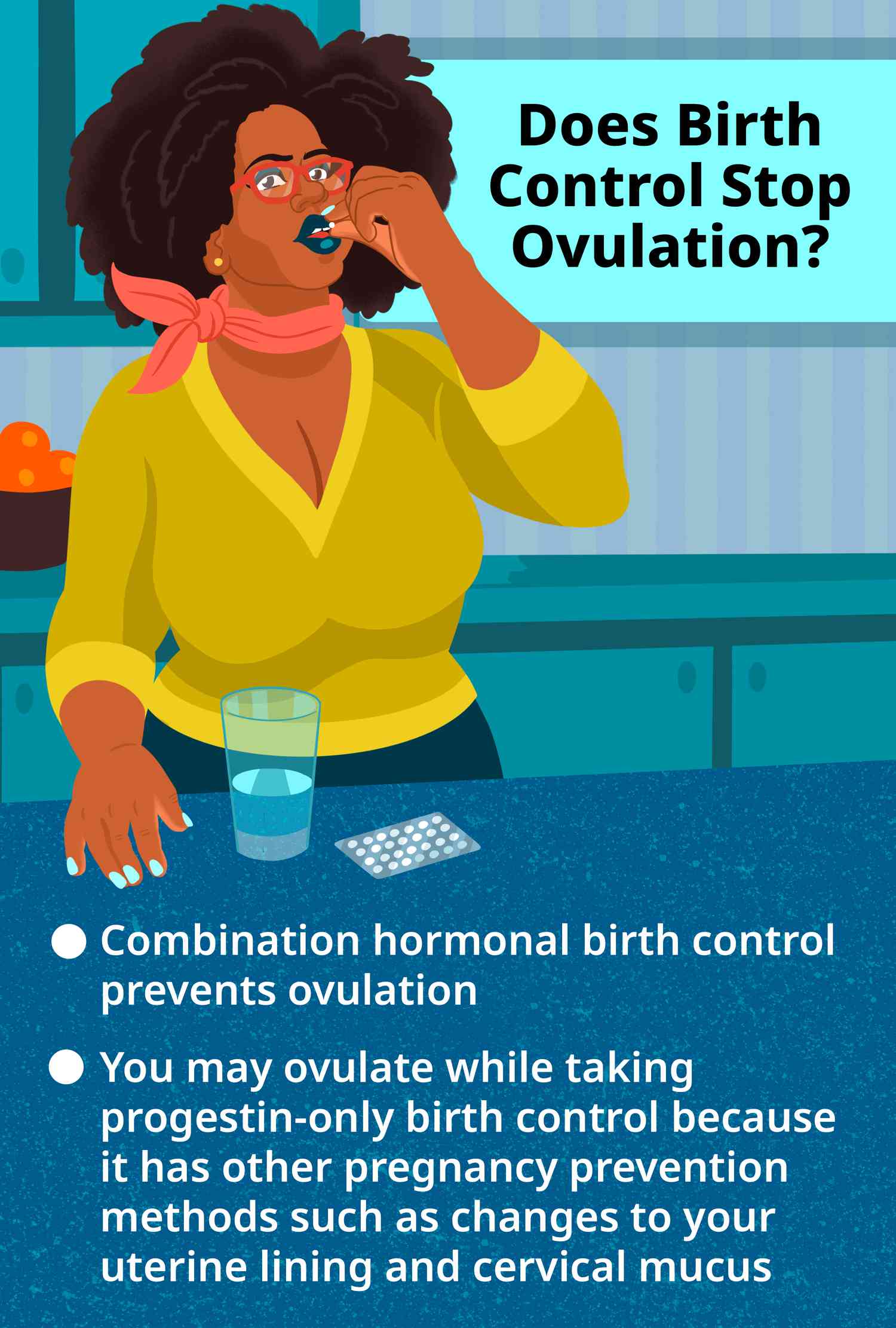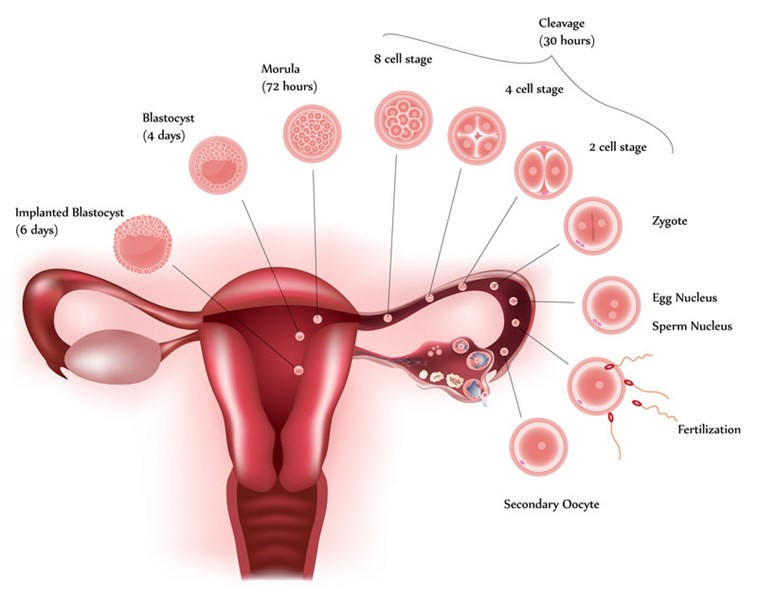So, this whole thing about birth control and whether it, you know, “kills your eggs” – that’s a question that’s been bouncing around in my head for a bit. You hear stuff, right? And I figured, well, instead of just wondering, I’d do a little digging myself. My own little project, you could say.

My First Foray into This Egg Business
Alright, so where do you even start with something like that? My first thought was, “Okay, how does this pill stuff even work?” I remember vaguely hearing it stops you from ovulating, but the “killing eggs” part sounded a bit dramatic, to be honest. So, I started poking around, reading bits and pieces here and there. Not the super technical medical journals, mind you, just trying to get the general gist of it from more straightforward sources.
It became pretty clear, pretty fast, that the idea of the pill going in and actively destroying your eggs isn’t quite right. It’s not like sending in a tiny demolition crew or something.
What I Actually Uncovered About Those Pills
Here’s what I pieced together from my looking around. Most birth control pills work by basically telling your ovaries to take a break. They stop your body from releasing an egg each month. That’s the main job, really. They mess with the hormones that usually say, “Hey, time to pop an egg out!”
Think of it like this: your ovaries have a whole stash of eggs, way more than you’d ever actually use in a lifetime. The pill just kind of puts the “release” mechanism on pause. The eggs themselves? They’re still there. They’re not being targeted or zapped.
So, the whole “killing” thing? It just doesn’t fit with how these things are designed to function, from what I can tell. It’s more about suppression, not destruction. They stop the egg from maturing and being released in the first place for that cycle.

So, What Happens to the Eggs Then?
This was the next logical question in my little investigation. If they’re not being killed, and not being released, what’s their deal? Well, they just kind of hang out. Each month, a bunch of follicles (the little sacs that hold the eggs) get ready, but with the pill in action, one doesn’t get the final signal to mature and release. The others? They just sort of… fade back. This happens every month naturally anyway, pill or no pill – many follicles start, only one (usually) makes it to ovulation, and the rest are reabsorbed. The pill just prevents that “chosen one” from actually being released.
It’s not like the pill is making your total egg supply dwindle any faster than it normally would. We all lose eggs over time, that’s just part of life. The pill doesn’t seem to change that underlying biological clock for your egg reserve.
Coming Off The Pill – What I Gathered
And then, what I read consistently is that when you stop taking birth control, your body usually just starts up its regular cycle again. The ovaries get the signal to go back to business as usual, and ovulation can resume, sometimes pretty quickly, sometimes it takes a little while for things to normalize. The eggs that were “on hold” aren’t damaged goods because of the pill; they were just not called up for duty.
My Final Thoughts on This Whole “Egg Killing” Idea
So, after my little dive into this, I’ve gotta say, the notion that birth control pills “kill your eggs” seems to be a big misunderstanding. It’s a strong, scary word, “kill,” and it doesn’t really describe what’s happening. They prevent release, they suppress ovulation, but they don’t go on an egg-destroying rampage.
It’s more like they’re a traffic controller for your eggs, saying “not this month” rather than actually taking them out. For me, figuring that out was pretty interesting. It’s always good to try and get to the bottom of these things you hear, right?











